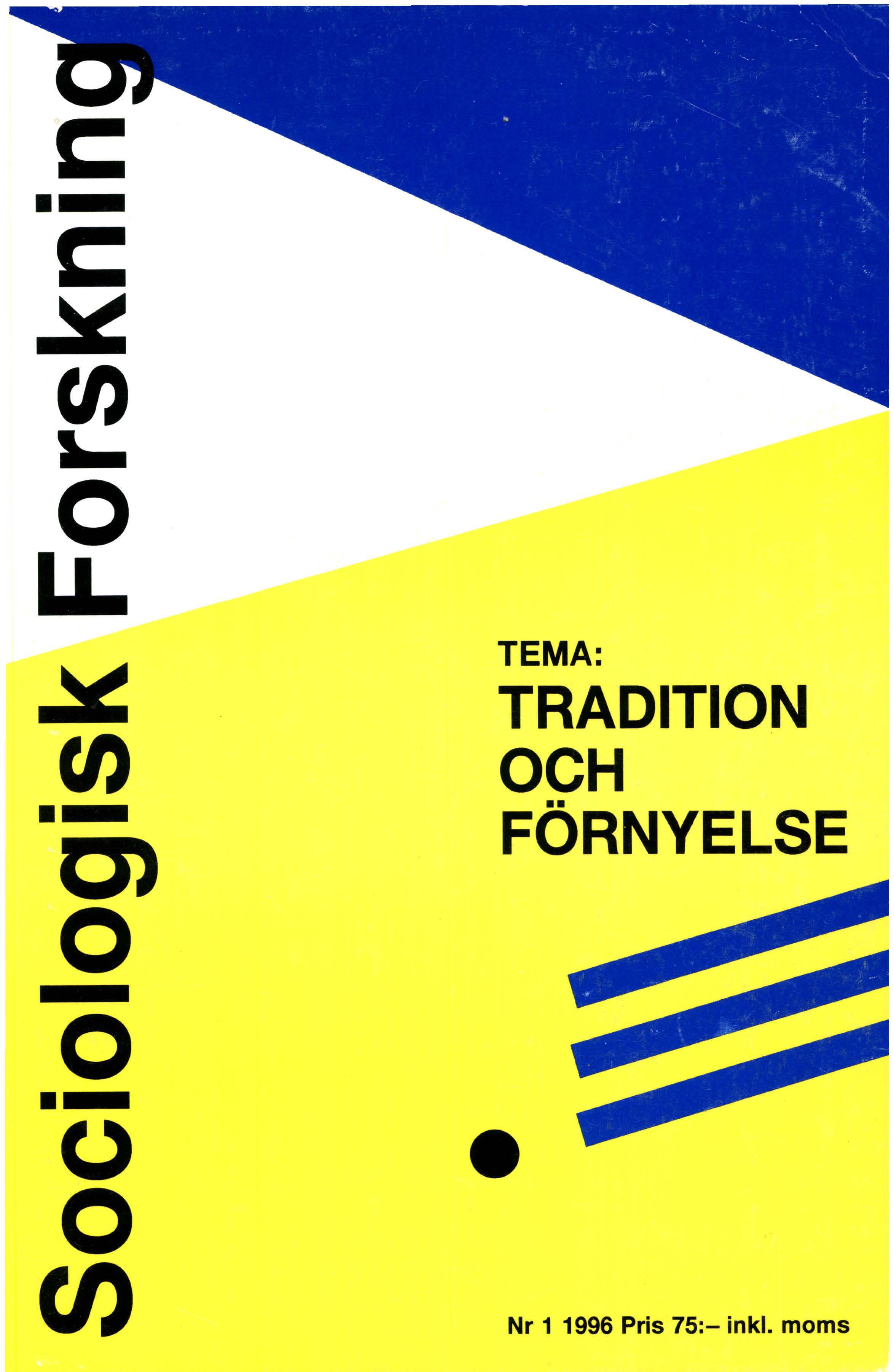Globalisering och sociala rörelser: Folkrörelsesverige i Sydafrika
DOI:
https://doi.org/10.37062/sf.33.18552Abstract
Globalisation and social movements: Swedish popular movements in South Africa
This article takes its departure from the so called “new social movement approach”, a research perspective that was developed during the 1980:s and was related not only to social movements but to issues of “ postindustrialism” or “postmodernism”. It is argued that this approach, in its search for the “new”, one-sidedly focused on “new” movements, i.e student, green, feminist, peace etc. Changes in the praxis of “old” movements, such as the labor movement, are equally important for understanding post-war social change. It is also argued that after the fall of the Berlin wall in 1989 questions in regards to new aspects of social movements, as well as of social structures, have gained new importance, but must be reformulated, and I argue that the concept of globalisation (implying, amongst other things, an increasing social complexity) is perhaps the most relevant conceptual form for discussing them. In the article, post-war - and post-1989 - social changes are discussed in relation to a study of a cooperation project - PEMSA, Peace Monitoring in South Africa - between 17 Swedish movement organisations (old as well as new) and three South African organisations, which provides an unique possibility to compare the present praxis of new and old movements, and to investigate the meaning of globalisation and social complexity in relation to social movement praxis.
Downloads
Published
How to Cite
Issue
Section
License
All content in Sociologisk Forskning is published with immediate open access, under the Creative Commons license CC BY-NC-ND 4.0.
All content may be read, downloaded, shared and printed for non-commercial purposes, free and without fees. Contents may not be altered. When content is reused, author, source and a link to the copyright licence must be provided. The author retains copyright to their content. No publication fees are charged.





